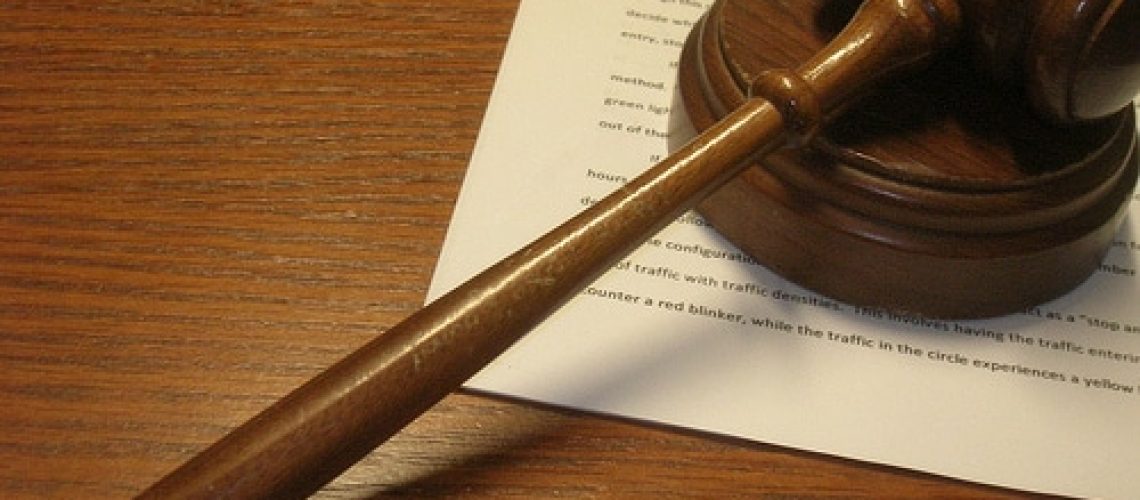
There are two main ways to hire a lawyer — by signing a retainer agreement or by signing a contingency agreement.
Hiring a lawyer on a retainer agreement basis means you pay the lawyer a certain amount of money upfront (the retainer). The lawyer holds these funds in a trust account. As they complete work for you, they send you a bill and withdraw the billed amount from the trust account. As the amount of money held in retainer goes down the lawyer will typically ask you to top up the amount held in trust. This is the common way of retaining a lawyer for family law matters and corporate law matters, for example (although a fixed-fee basis is becoming increasingly common for some services).
By contrast, a contingency agreement does not involve paying the lawyer upfront. Instead, the lawyer’s fee is a percentage of the final settlement. This means they share in the risk of the litigation. If they don’t win anything for you, they don’t earn a fee. This gives them an extra incentive to obtain the largest possible settlement for you. Contingency fee agreements are common in the area of personal injury law.
The amount of the contingency fee varies depending on the lawyer and the type of case. Slip and fall lawsuits tend to involve a higher fee than motor vehicle lawsuits. Slip and fall claims tend to be trickier to resolve. They typically take more work to investigate and negotiate. Since they usually take more of the lawyer’s time, and involve more uncertainty, lawyers will often charge a higher fee. Contingency fees tend to be in the range of 30 to 35 per cent for motor vehicle claims and 35 to 40 per cent for slip and fall claims.
These are some of the elements you can expect to find in a contingency agreement:
- The contingency fee
- A statement that out-of-pocket expenses incurred by the lawyer (such as the cost of medical charts) come out of the final settlement and are separate from the contingency fee
- A statement that the client is not responsible for fees if a settlement is not reached
The contingency agreement should also state under what circumstances the client can back out of the agreement. For example, our firm’s agreement says the client can cancel the agreement (in writing) within five days of receiving a copy of the agreement without incurring any liability for fees (your state or province may have regulations regarding specific timelines for backing out of contracts).
The contingency agreement will also tell you how you can change lawyers, if you choose to do so before the matter is resolved. You can learn more about switching lawyers by reading our blog post on the topic.
The contingency agreement will also contain various clauses regarding the authority you are giving the lawyer to act on your behalf, such as the ability to request personal information from other entities and to receive documents on your behalf.
If you are considering hiring a lawyer on a contingency basis, the lawyer should take the time to explain the entire agreement. Make sure you ask questions if anything is unclear. And remember that you always have the option of having another lawyer review the agreement before signing it.
